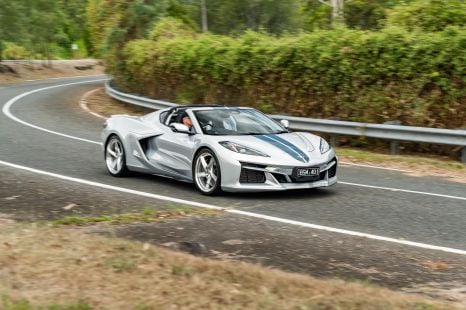

CarExpert.com.au
The CarExpert team's favourite cars of 2025
31 Minutes Ago
The next-generation Mitsubishi Triton will offer a new turbo-diesel engine in three tunes, as well as beefier styling and a more modern cabin.

Contributor
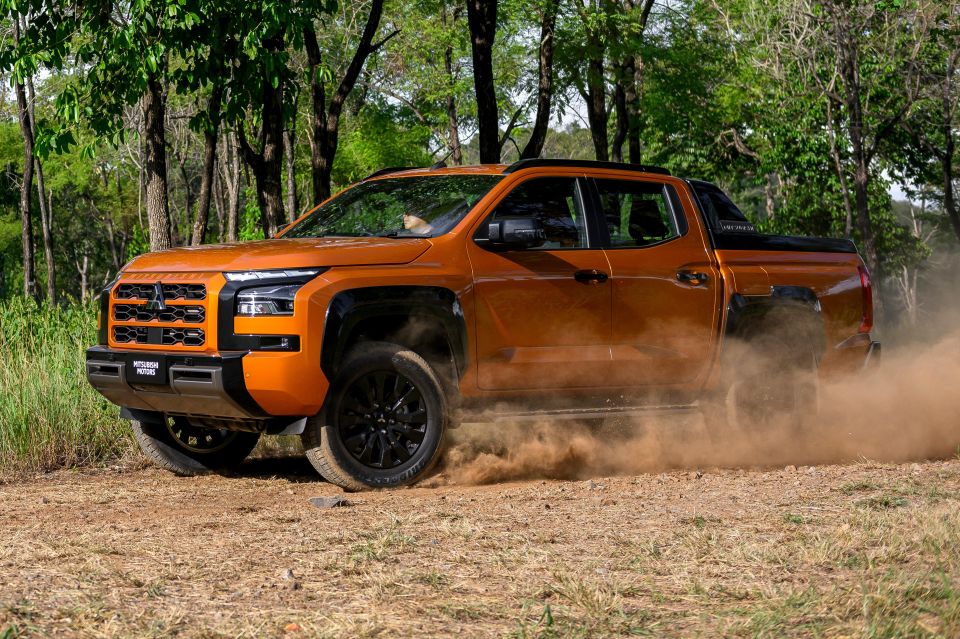

Contributor
Mitsubishi has revealed its new-generation rival to the likes of the Toyota HiLux, Ford Ranger, Isuzu D-Max, and Mazda BT-50 at an event in Bangkok, Thailand ahead of a local arrival late in 2023 or early in 2024.
This new sixth-generation Mitsubishi Triton, also known as the L200 in some markets, will replace the current model that dates back to 2015.
The new Triton will be available globally in three different body styles – single-cab, club-cab and double-cab.
The entire global range comes with a newly developed 2.4-litre four-cylinder turbo-diesel engine that’s available in three different tunes.
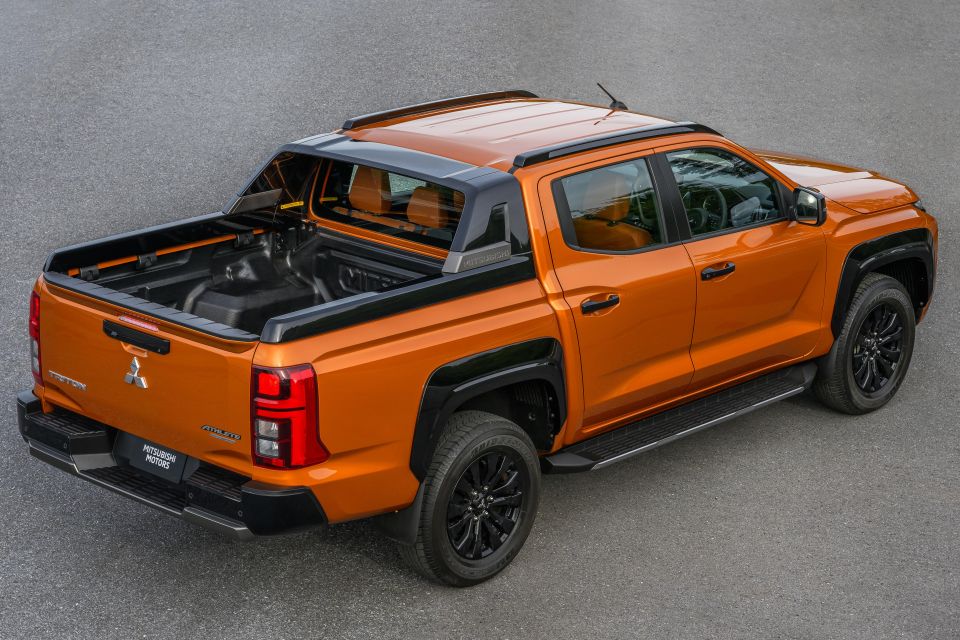
The least powerful tune produces 110kW of power and 330Nm of torque, while there are also 135kW/430Nm and high-output 150kW/470Nm tunes. The latter comes with a bi-turbo sequential layout.
At this stage Mitsubishi hasn’t confirmed which will be coming to Australia, though if the high-output 150kW/470Nm tune comes it will bring the Triton closer to the likes of the HiLux and Ranger Bi-Turbo that each have around 150kW and 500Nm.
The outgoing Triton is currently only available with a 2.4-litre four-cylinder turbo-diesel that produces 133kW and 430Nm.
The new Triton will be available globally with either a six-speed manual or a six-speed automatic transmission. The latter retains the ‘Sports’ mode from the outgoing model.
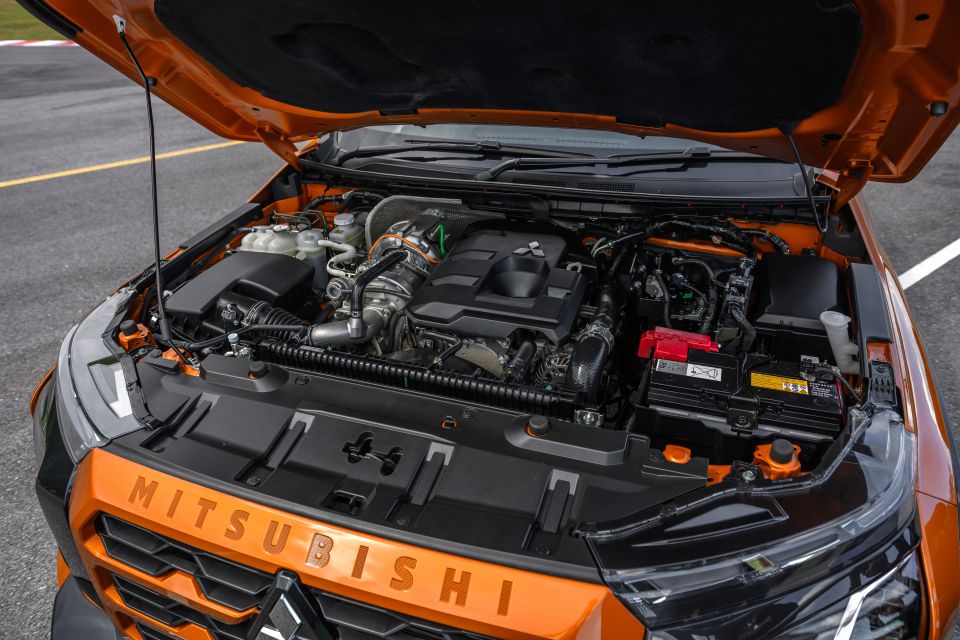
Depending on the engine tune, drive is sent to the rear wheels only or through a four-wheel drive system.
Four-wheel drive modes with Mitsubishi’s Easy Select 4WD system have 2H (rear-wheel drive), 4H (locked centre differential), and 4L (low range) modes.
Four-wheel drive models come with Mitsubishi’s Super Select 4WD-II system on the other hand have the following modes: 2H (rear-wheel drive), 4H (full-time four-wheel), 4HLc (locked centre differential), and 4LLc (locked centre differential with low range).
The latter of these four-wheel drive systems can be used in 4H on sealed surfaces.
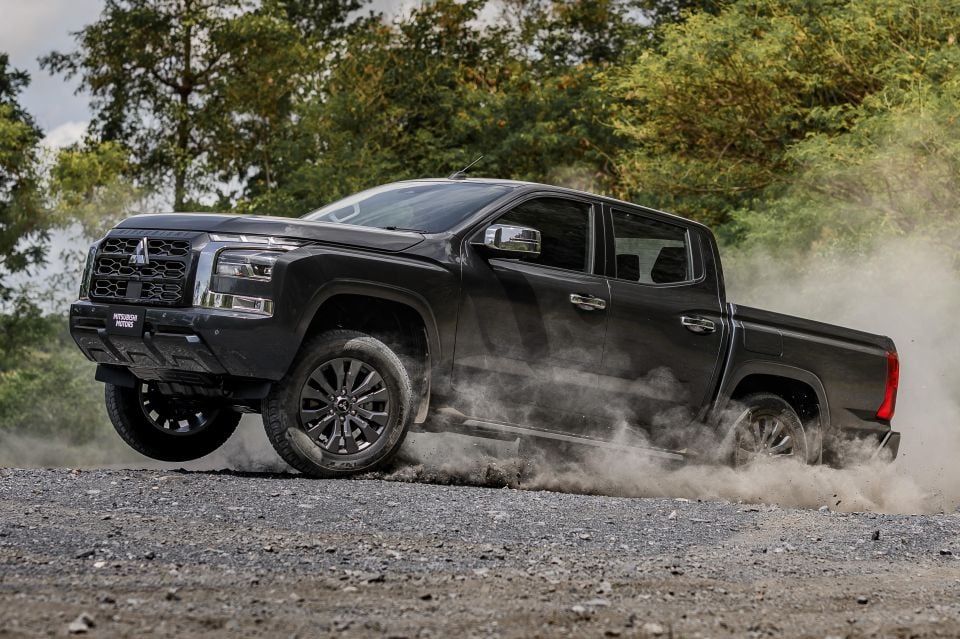
Mitsubishi has added active yaw control to Triton models equipped with the Super Select 4WD-II system. It’s claimed to improve cornering performance by applying light braking to the inside front wheel when cornering.
All new Triton models also have an active limited-slip differential that applies the brake to a spinning wheel and distributes torque to wheels gripping the road surface.
The sixth-generation Triton has a newly developed ladder-frame chassis that’s claimed to offer “significantly better” road performance and ride comfort, as well increased robustness and improved durability.
Its ladder-frame chassis has a 65 per cent greater cross-sectional area than the outgoing model, resulting in a claimed bending rigidity increase of 40 per cent and a torsional rigidity increase of 60 per cent.
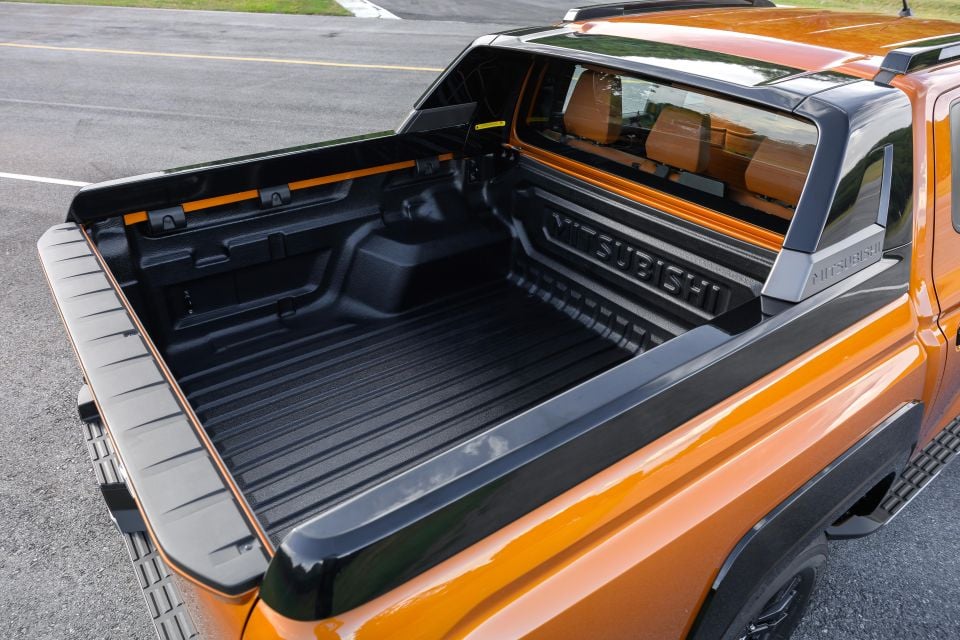
The Japanese carmaker also claims to have minimised weight by increasing the ratio of high-tensile steel used.
There’s also newly developed suspension that retains the double wishbone front and rear leaf spring configuration.
The front upper suspension mounting arm has been moved higher to increase the stroke by 20mm, which is claimed to provide improve roadholding and ride comfort. There’s also a lighter leaf spring system at the rear with thicker shock absorbers.
The high-output engine model has adopted an electric power steering system that’s claimed to enable better control by providing more assistance at low speeds while increasing feedback at higher speeds.
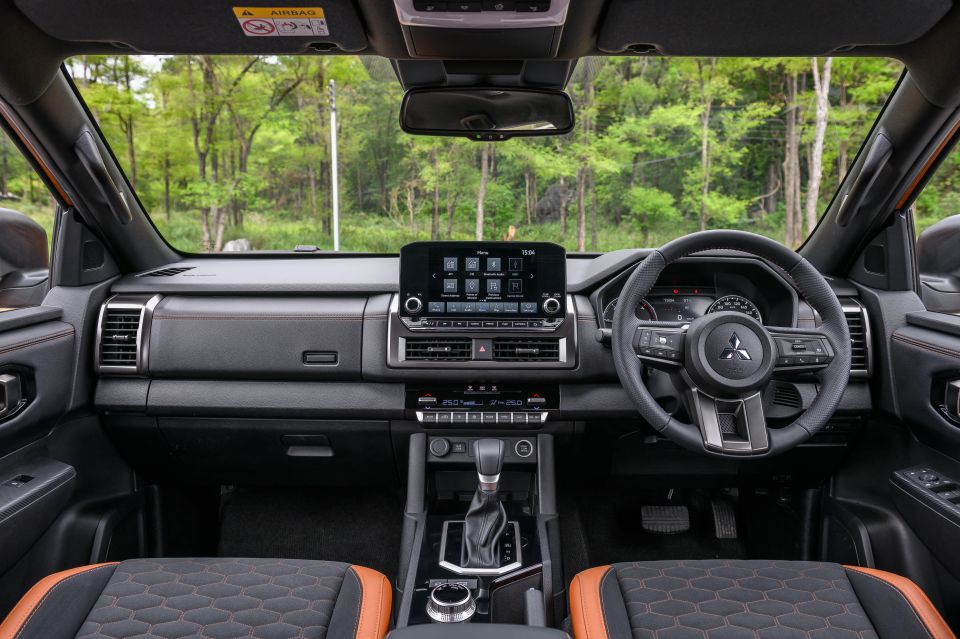
On the design front, Mitsubishi has beefed up the Triton’s looks.
There’s the company’s Dynamic Shield grille with a split headlight setup up front, and tail lights with a T-shaped lighting signature at the rear.
Compared to the previous model the cargo bed height has been lowered by 45mm to 820mm. The rear bumper corner has also been enlarged and reinforced so it can be used as a foot space.
The new Triton has also been extensively overhauled inside, and Mitsubishi claims the cabin is “horizontally themed” with greater use of geometric shapes and metallic highlights.
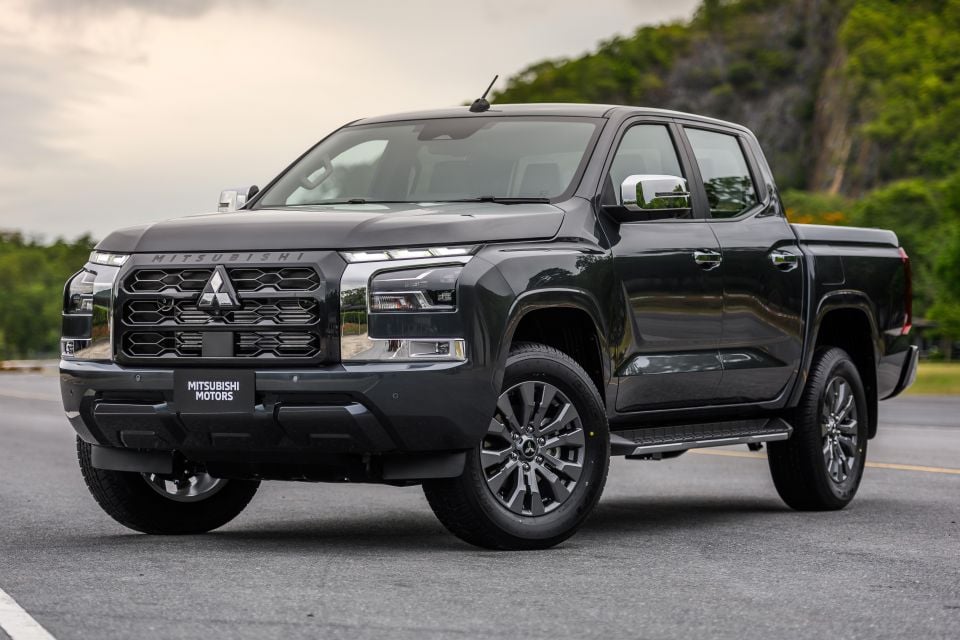
The steering wheel, gauges, and the infotainment touchscreen appear to be very similar to what’s currently offered in the Outlander.
On the safety front, the new Triton comes with autonomous emergency braking, blind-spot monitoring, rear cross-traffic alert, lane-keeping assist, and adaptive cruise control.
As part of the Renault-Nissan-Mitsubishi Alliance’s leader-follower model, Mitsubishi is leading development of the new Triton, with the next Nissan Navara set to share underpinnings but with different styling.
Where expert car reviews meet expert car buying – CarExpert gives you trusted advice, personalised service and real savings on your next new car.
Jack Quick is an automotive journalist based in Melbourne. Jack studied journalism and photography at Deakin University in Burwood, and previously represented the university in dance nationally. In his spare time, he loves to pump Charli XCX and play a bit of Grand Theft Auto. He’s also the proud owner of a blue, manual 2020 Suzuki Jimny.


CarExpert.com.au
31 Minutes Ago
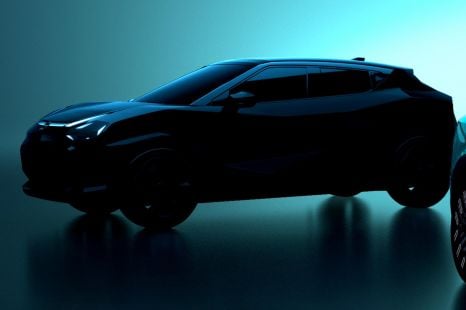

Damion Smy
14 Hours Ago
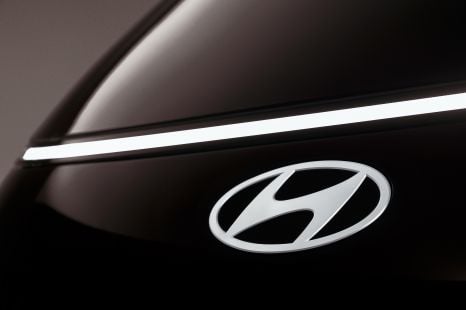

Damion Smy
17 Hours Ago
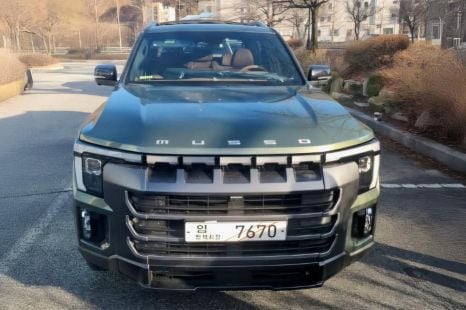

Damion Smy
21 Hours Ago
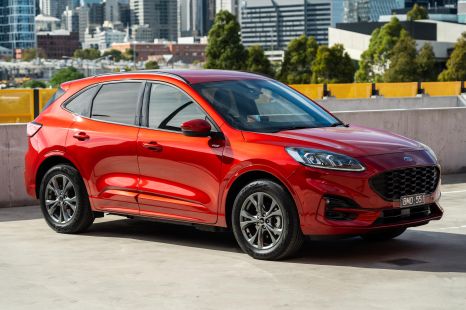

Damion Smy
23 Hours Ago
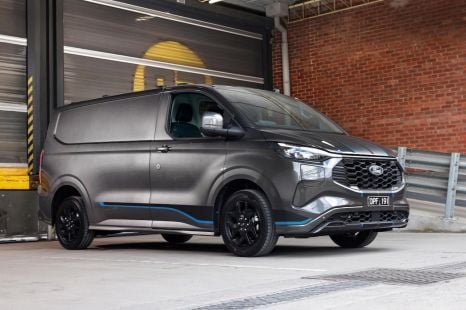

Damion Smy
23 Hours Ago